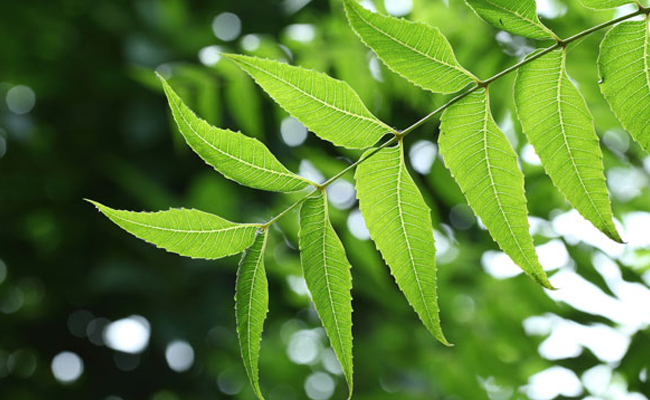

Biological Name:Melia azadirachta , Azadiracta Indica, Meliaceae, Azedarach |
Other Names:Neem, Nimba, Nimb Indian Lilac, Bead Tree, Holy Tree, Margosa Tree, Nim, Persian Lilac, Pride of China, Ravipriya, Veppu |
Description:This tree is found in the Western Himalayas of India, and in Iran. It is cultivated in other parts of India and the tropical regions of the world such as Indonesia, Australia, and West Africa. It is considered to be a vary valuable herb in Ayurvedic medicine and for a variety of folk applications. |
| Parts Used: All |
Medicinal PropertiesAction Root bark – antiperiodic, astringent, tonic Bark of tree – astringent, antiperiodic, antiviral, bitter, tonic, vermifuge Leaves – antiviral, discutient, emrnenagogue Flowers-stimulant, stomachic, tonic Fruit – anthelmintic, purgative, emollient Juice- anthelmintic Oil extracted from the nut- antiseptic, insecticide, local stimulant Uses:
This herb is used in inflammatory and febrile diseases. It is also used for worm infestation. It is used for a variety of conditions in Ayurvedic Medicine, singly, and in combination. |
Dosage:Infusion, decoction, powder, medicated ghee, or oil |
Safety:No information about the safety of this herb is available. Use caution. Ayurvedic herbs are often taken in combination with others to neutralize the toxicity one herb with the opposing effect of other. Do not take except under the supervision of a qualified professional. |
